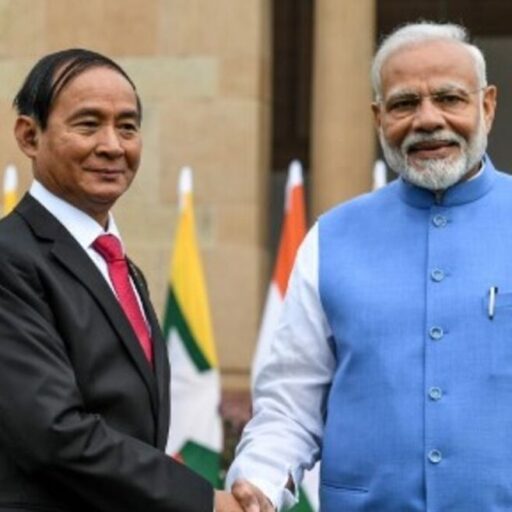This Tuesday, February 1, marks one year since the military (Tatmadaw) took over the reins of government in Myanmar. The military takeover reversed the steady movement toward a more representative political process and instead plunged the country into a deep political crisis.
For many observers, the coup came as a surprise, as structurally the political process was already tilted in favor of the military. The 2008 constitution ensured that 25% of seats in legislatures and important cabinet positions such as defense and border affairs were reserved for the military forces.
The semi-democratic government headed by Aung San Suu Kyi never actually undermined the economic interests of the Tatmadaw. Further, Suu Kyi defended the military against allegations of genocide of the Rohingya on various international platforms.
Probably the concern was that the election of November 2020 did not result in a fractured mandate as anticipated by the Tatmadaw.
The National League for Democracy (NLD), led by Suu Kyi, registered electoral victories in more than 70% of the seats. That likely generated a concern in the military leadership that Suu Kyi might usher in political reforms to reduce the presence of military in the legislative and executive frameworks. In the past, she had publicly expressed her desire to do so.
The Tatmadaw leadership sought to consolidate their hold on the governance process through a coup, which was carried out with clinical precision. Much of the civilian leadership, including Suu Kyi and president Win Myint, were detained in pre-dawn raids without much resistance.










